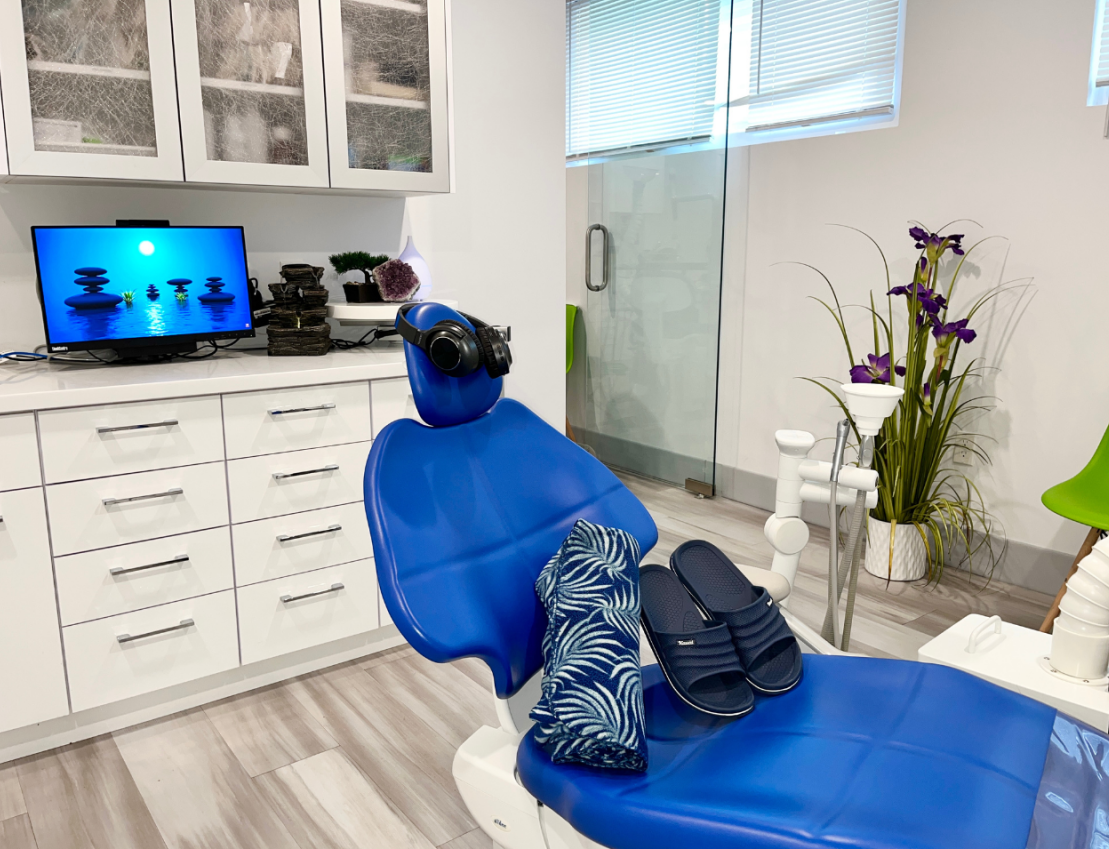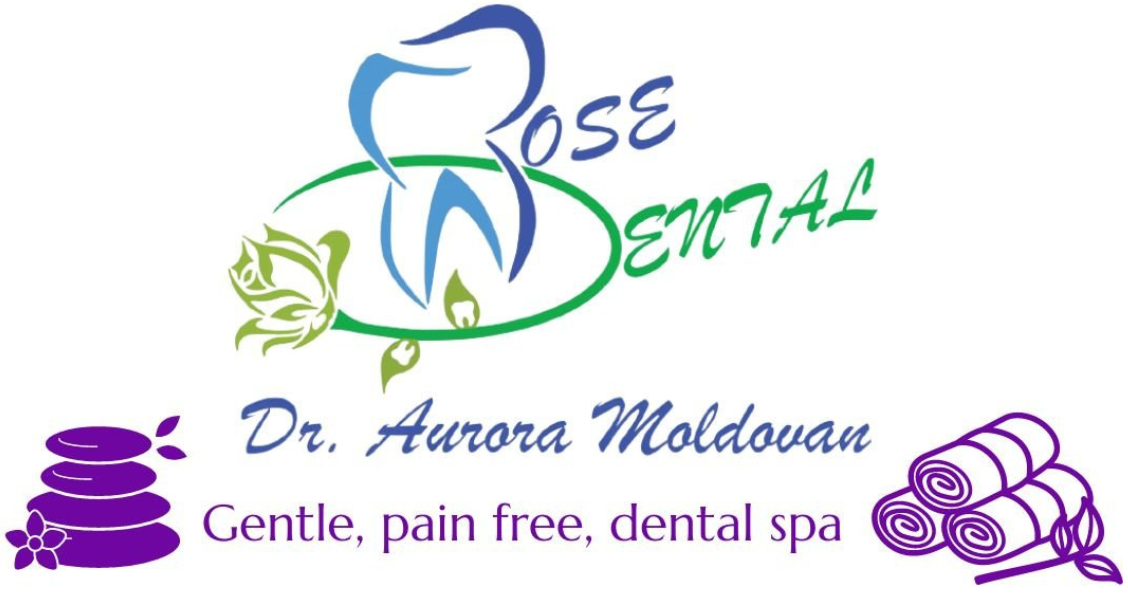
Jaw pain is abnormal.
Experiencing daily jaw pain might lead you to believe it’s a normal occurrence. However, it’s important to note that jaw pain is not typical and could potentially be a symptom of Temporomandibular Disorder (TMD) affecting one or both of your Temporomandibular Joints (TMJs). These joints, located in the lower jaw, can become inflamed due to various factors such as disease or misalignment, resulting in pain and other related symptoms.
Common signs of TMJ disorder (TMD) include:
- Headaches
- Earaches and tenderness around the ear
- Pain and tenderness in the face or jaw
- Muscle pain in the neck, shoulders, and upper back
- Ringing in the ears
- Clicking, popping, or grinding sounds in the jaw
- Difficulty chewing, yawning, or opening your mouth
If you experience any of these symptoms, it’s advisable to seek professional evaluation to determine the underlying cause and explore appropriate treatment options.
What are the diagnostic and treatment approaches for TMJ Disorder?
Diagnosis
To diagnose and treat TMJ Disorder (TMD), we begin with a comprehensive clinical examination that evaluates your facial structure, jaw, bite, joints, and teeth. During this examination, we assess any pain or tenderness and listen for clicking or popping sounds when you engage in movements like mouth opening and closing, swallowing, or chewing. Once TMD is diagnosed, a frequently recommended initial treatment involves the use of a bite splint or night guard. These devices can effectively alleviate symptoms and provide relief.
Treatment and Relief
As part of our treatment approach, we utilize custom-made plastic mouthpieces known as bite splints. These specially designed devices are created to fit comfortably over your upper and/or lower teeth. By wearing these splints, you can effectively prevent the grinding and clenching that often leads to the development or exacerbation of TMD symptoms. Additionally, the splint helps realign the jaw, relieving stress on the surrounding area and promoting a more balanced bite.
Alternative Treatment Options
In cases where misaligned bite or missing teeth contribute to your symptoms, we may propose orthodontic treatment or restorative dental procedures as potential solutions. By addressing the underlying issues, such as misalignment or tooth loss, we aim to alleviate your symptoms effectively. If your bite is exerting excessive pressure on the temporomandibular joints (TMJs), we may recommend reshaping specific teeth to redistribute the biting forces evenly, promoting a more harmonious and balanced bite.
Contact us today
to schedule an initial consultation & exam.
Your consultation will include an examination of everything from your teeth, gums and soft tissues to the shape and condition of your bite. Generally, we want to see how your whole mouth looks and functions. Before we plan your treatment we want to know everything about the health and aesthetic of your smile, and, most importantly, what you want to achieve so we can help you get there.
Frequently Asked Questions
TMJ is an abbreviation for Temporomandibular Joint, which refers to the joint connecting the jawbone to the skull. When there is misalignment or inflammation in this joint, it is known as Temporomandibular Joint Disorder, often referred to as TMD.
Common signs and symptoms of Temporomandibular Joint Disorder (TMD) include pain and tenderness in or around the ear, the jaw joint, or the muscles of the jaw, face, or temples. You may also experience difficulties in opening or closing your mouth, as well as a clicking, popping, crunching, or grinding noise when you chew, yawn, or open your mouth. It is worth noting that TMDs can be associated with neck pain and headaches as well.
Temporomandibular Disorder (TMD) is typically the result of a combination of factors, including jaw injuries and joint diseases like arthritis. Habits such as tooth clenching or grinding (bruxism) and tension in the head or neck muscles can also exacerbate TMD symptoms. While stress may have a role to play, it is not yet clear whether it directly causes TMD or is a consequence of it. Other potential contributors to TMD include poorly fitted dentures and certain habits like nail biting or pen/pencil biting. Diagnosing TMD can be challenging due to these various causes. It is advisable to schedule an appointment with a dental professional for a comprehensive evaluation and an accurate diagnosis, which will help in understanding your jaw pain symptoms better.
Headaches can have numerous potential causes, and it is often necessary for a healthcare professional to conduct a physical examination in order to determine the specific cause of your headache.
In the majority of cases, TMJ pain can be effectively managed with non-invasive treatments and therapies. Surgical intervention for TMD is extremely rare and typically considered only in exceptional circumstances. Your well-being and satisfaction are paramount to us. We are committed to providing you with comprehensive information about all available options, prioritizing the safest and most straightforward approaches, and ultimately respecting your final decision regarding the next steps in your treatment.
What Our Patients Are Saying
Anxiety Free Treatment

Quick, Painless and Wonderful Procedure

Absolutely Thrilled With Rose Dental


